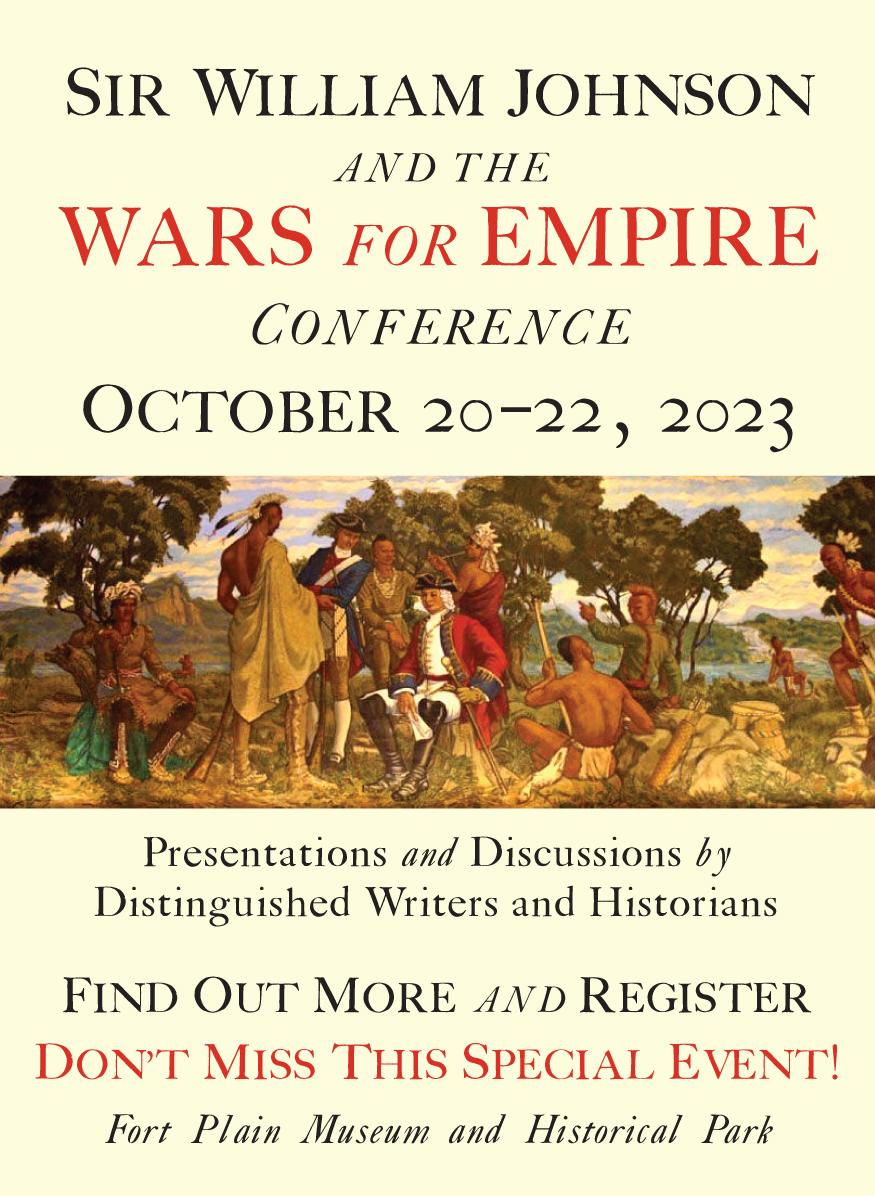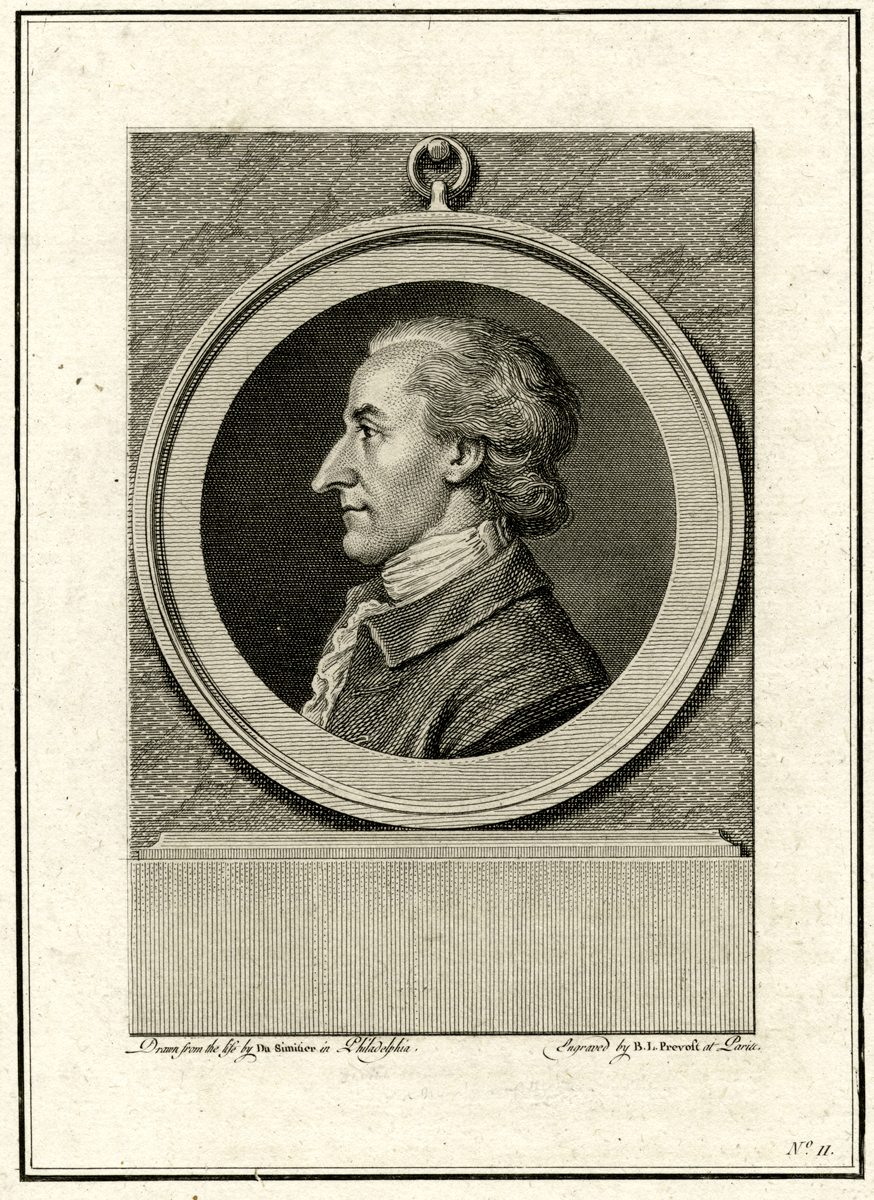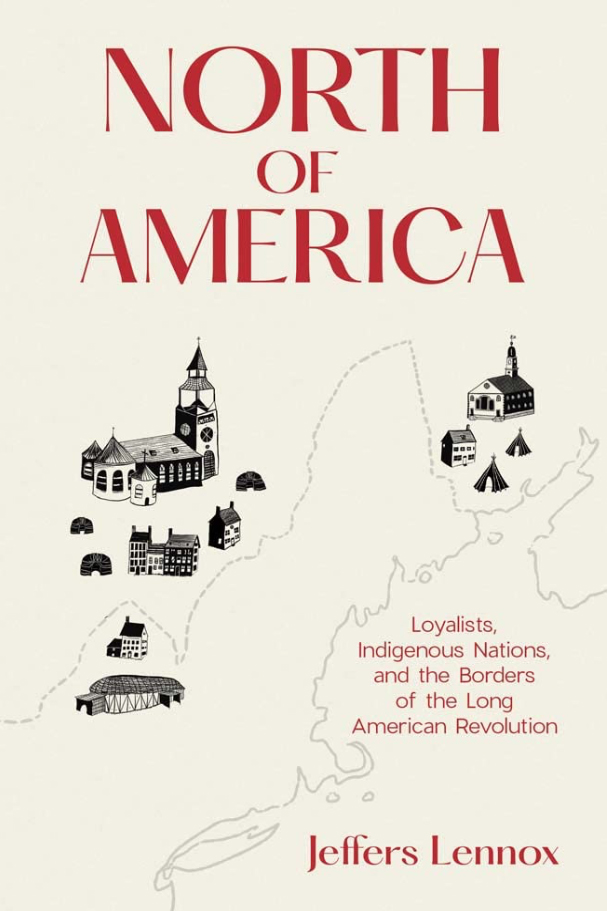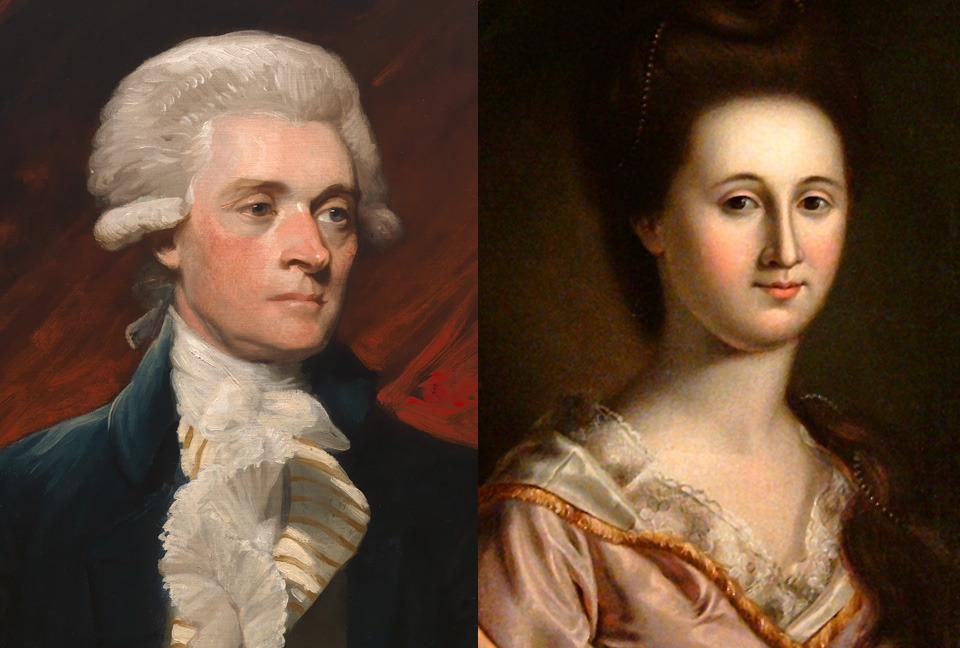About Thomas Fleming:
Thomas Fleming is one of the most distinguished and productive historians and novelists of our time. He has written twenty nonfiction books that have won prizes and praise from critics and fellow historians, many with a special focus on the American Revolution. His twenty-three novels, many of them bestsellers, explore the lives of men and women in vivid narratives that range from the raw America of the 1730s to the superpower that confronted World War II and endured Korea and Vietnam. He has written frequently for American Heritage and many other magazines and is often a guest on C-Span, the History Channel, and PBS.
What inspired you to start researching and writing about the Revolution?
In 1958 I was writing All Good Men, a novel about the collapse of the Irish-American political organization in which my father was a leader. I saw it summing up the contradictions and tragedies in my Irish-American heritage. Then I was asked by an editor to write an article about the Battle of Bunker Hill. I discovered that no one had written a book about the battle for 90 years. Until that day, my knowledge of the American Revolution was routine. I found myself mesmerized by the complex personalities of the men on both sides, especially Dr. Joseph Warren. The more I entered their lives, the more I realized that here was an event that would enable me to understand the American side of my identity –and help others understand the inner drama of the American Revolution. I brought the same care to dramatizing the individual personalities of Warren, Israel Putnam, Generals Howe, Clinton and Burgoyne, that I had been bringing to the characters in All Good Men, most of whom were based on real people. In fact, the title I chose for the Bunker Hill book, Now We Are Enemies, was virtually interchangeable with the novel’s title. The soldiers at Bunker Hill, both British and Americans, were almost all good men. The Irish-Americans in the novel slowly realized that supposed friends were becoming enemies. In both cases, a new world was being born. Now We Are Enemies was a huge success. It was a main selection of the Literary Guild, which meant an instant sale of 60,000 copies. It was condensed by Reader’s Digest, which had 12 million readers. Overnight I was an historian. All Good Men came out a year later. It did not match NWAE’s sales but it got excellent reviews. I resolved to pursue this double identity as a novelist and historian.
What historian or books influenced your writing?
One of the most influential books was Oliver Wiswell by Kenneth Roberts. This brilliant novel told the story of the loyalists in the American Revolution. It tremendously deepened my understanding of the upheaval. Oliver was a believable likeable man. I came away with deepened understanding – and sympathy – for the men and women who remained faithful to their king. I also realized a writer could produce serious history in novel form. The first of my historical novels, Liberty Tavern, was set in the Revolution and was a huge success, selling over four million copies in various editions. Around the same time I discovered a truly great nonfiction book, The First Year of the American Revolution, by Allen French. I devoured all his other books, with General Gage’s Informers as another favorite. Again I was taught a lesson in how history unfolds in a fascinating interplay of people and events.
What are your go to history resources?
From the Sixties to the Eighties, my chief resource was the Yale Library. I spent most of my summers there, thanks to having a nearby vacation house in the town of Westbrook. At Yale I discovered the importance of librarians as advisors and guides. At one point in the Sixties, one of these women checked out a book for me and glanced at my record. “You’ve got 51 books out!” she exclaimed. I assured her I was using every one of them and she decided not to call the campus police. She continued to let me roam the stacks, where serendipity repeatedly led me to books that had fresh and often startling answers to my questions. I still use Yale but more and more I’ve been relying on the internet. My wife, Alice, is a veritable genius at exploring this new world on her computer.
Which of your own JAR articles is your favorite?
Greatness Speaks To Greatness – what Franklin said to George Washington from his deathbed –and Washington’s amazing reply.
What Are Some of Your Favorite JAR articles?
Kim Burdick’s “Lafayette’s Second Voyage to America.” Joseph Manca’s “George Washington’s Use of Humor in the American Revolution.” Michael Schellhammer’s “Five Great Intelligence Successes and Four Infamous Intelligence Failures.”
What books about the Revolution do you most often recommend?
Terry Golway’s life of Nathanael Greene. Willard Sterne Randall’s biography of Ethan Allen. John Buchanan’s books about the war in the southern colonies, above all his classic on Guilford Courthouse. John Nagy’s series of books on the espionage side of the war.
What new research/writing projects are you currently working on?
I just published The Great Divide, about the little known clash between President George Washington and Secretary of State Thomas Jefferson. This is a direction in which i hope to continue to go—exploring the realities, often unexpected, behind the lives of the founders.
What other hobbies/interests do you enjoy?
At the moment I am growing more and more interested in World War I. This was my father’s war. He was a top sergeant in the 78th Division. I have travelled to France and followed his regiment and his company thru the cataclysm called The Argonne. I am beginning to think there is a book in his story. It is full of the paradoxes I enjoy. At one point, as they marched into the Argonne, Sergeant Fleming pulled a wise guy out of the ranks and knocked him cold with a single punch. But he also kept on his bedroom wall a copy of the poem, “My Buddy,” which I still can’t read without tears blurring the words.
Why is the Journal of the American Revolution important to you?
Because the JAR is trying to do the same thing I have tried to do in my books –show all sides of the incredible story of the men and women who won one of the most improbable victories in history.
Is there an article or subject area you would like to see appear in JAR?
I would like to see more articles on the two years after the supposedly climactic victory at Yorktown –a complex world I explored in my book, The Perils Of Peace. Another subject area that needs exploring is the role of black and Indian soldiers. How many people know that General Washington gave Continental Army commissions to five Indian leaders?














3 Comments
Thanks, Tom! You made my day!
Kim
Mr. Fleming – I am honored sir!
A great interview, Tom, and thank you for taking the time to share some of your thoughts with JAR readers. I’m sure I speak for so many readers who consider your large body of books national treasures.
My personal favorites, aside from the “Liberty!” book and PBS video series, is “Washington’s Secret War” (which gave me a profound respect for von Steuben) and, yes, “The Perils of Peace”. I also found “The Intimate Lives of the Founding Fathers” unabashedly great reading. Your writing style is very easy to read and can be savored by the novice and academic alike.
Thank you for giving all of us the treasures of your history writings.